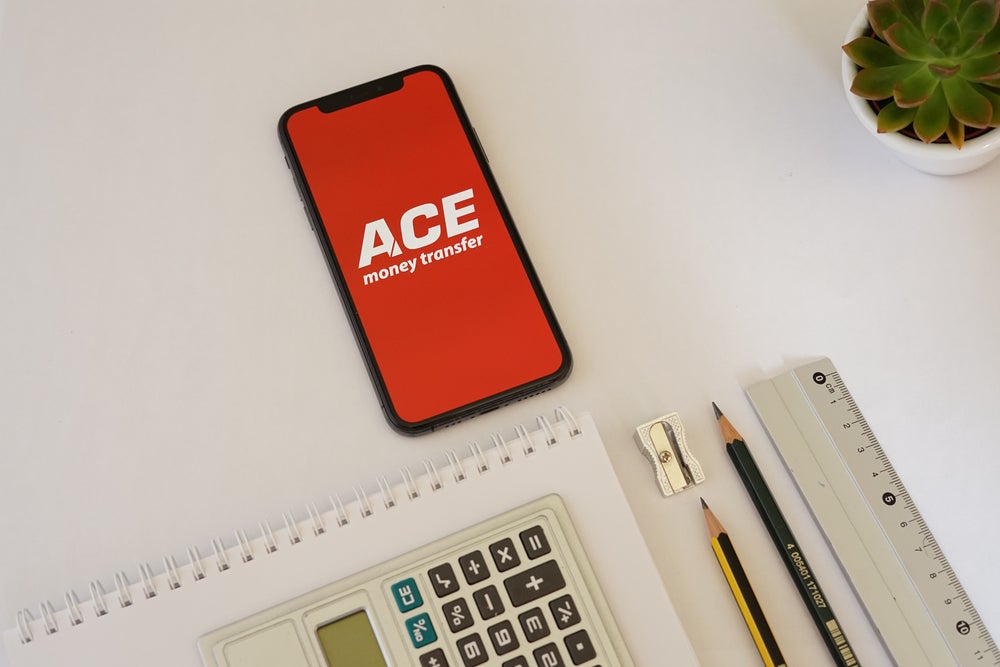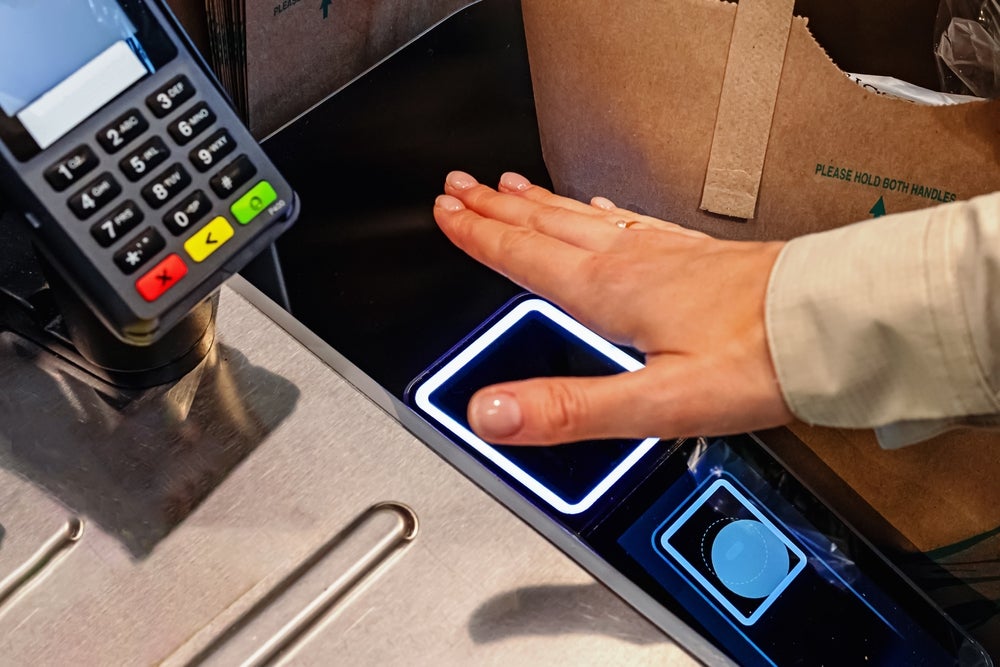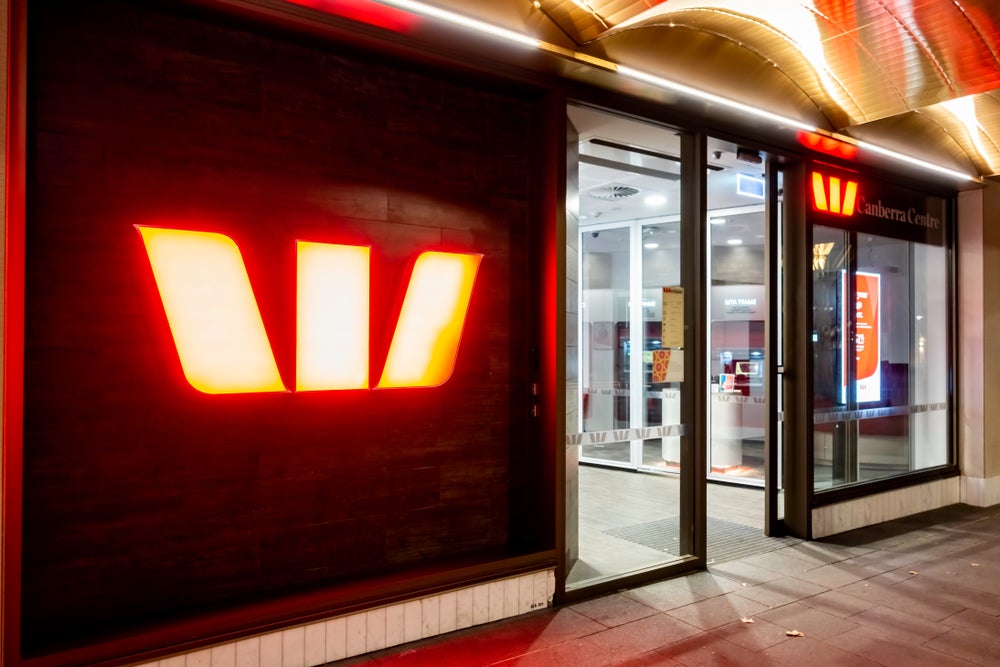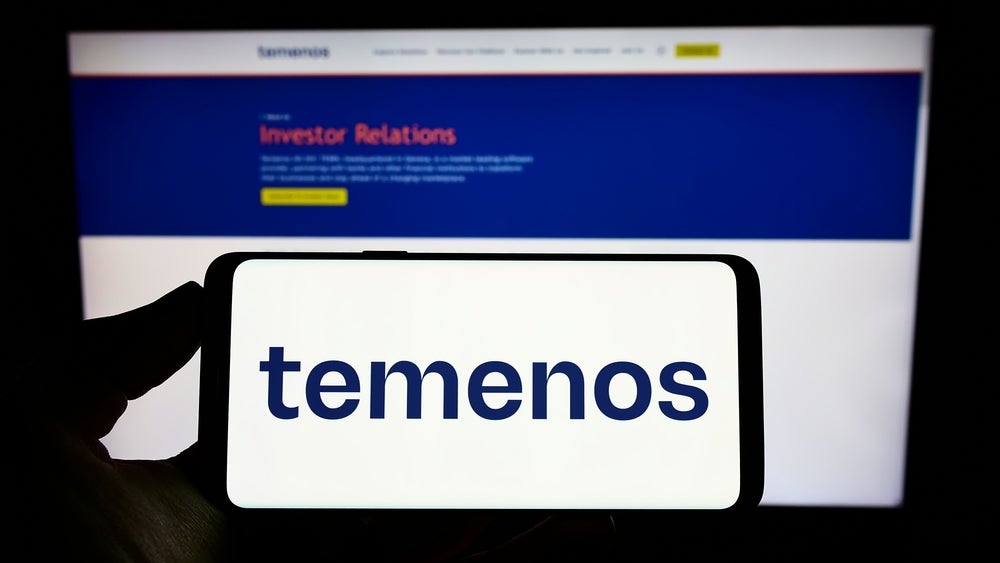Jamaican banks are finally set to launch mobile payment services. With a high cellphone penetration and low bancarisation, Jamaica is fertile ground for m-payments. But, as Robin Arnfield reports, the economy is heavily cash-based, and outside the towns there is little banking infrastructure.
Mobile payments are set for lift off in Jamaica, following the release of e-money guidelines by the local central bank.
First off the mark will be M3 (Mobile Money for Microfinance), a mobile wallet pilot operated by Development Bank of Jamaica (DBJ) in partnership with National Commercial Bank Jamaica (NCB) and US-Jamaican mobile financial technology firm Transcel.
"We expect to launch the M3 pilot at the end of April 2013," says Hugo Daley, Transcel’s CEO. "During the first year, the service will be free of charge to customers."
"Only 20% of Jamaica’s population has a bank account," says Aidan Heavey, group head of business development at Caribbean mobile operator Digicel. "Of the remainder, 25% are unbanked, and 55% are underbanked."
Microfinance
Jamaican government-owned DBJ has a mandate to grow the country’s microfinance industry by supplying funding to micro-lenders. "Since 2009, DBJ has lent J$1.55 billion (US$16 million) to microfinance institutions (MFIs)," says Yvonne Lewars, DBJ’s general manager, institutional strengthening and project management. As part of M3, DBJ will provide funds for approved MFIs to dispense to their borrowers’ mobile wallets.
How well do you really know your competitors?
Access the most comprehensive Company Profiles on the market, powered by GlobalData. Save hours of research. Gain competitive edge.

Thank you!
Your download email will arrive shortly
Not ready to buy yet? Download a free sample
We are confident about the unique quality of our Company Profiles. However, we want you to make the most beneficial decision for your business, so we offer a free sample that you can download by submitting the below form
By GlobalData"M3’s objective is to increase the microfinance sector’s efficiency and facilitate its growth by the use of mobile money," says Lewars. "MFIs providing microloans, typically under US$500, have high loan distribution costs which contribute to the high interest rates, often above 50% a year, charged to borrowers. For many borrowers and loan applicants, the nearest MFI branch is a long, expensive commute away. By encouraging the use of mobile money for disbursing and repaying loans, we aim to make MFIs more profitable and their services accessible to a larger number of customers."
DBJ has approved 10 MFIs, including the National People’s Co-operative Bank, each of which will be eligible to participate in M3.
"MFI customers who have been approved for micro-loans and have signed up for the pilot will receive M3 mobile money accounts into which MFIs can disburse loans from their own M3 accounts," says Lewars. "Customers’ M3 funds will be held as individual virtual accounts in a pooled trust account at NCB and managed by the M3 platform. NCB will provide mobile money users with debit cards so they can access their M3 accounts via Jamaica’s ATM and POS networks."
M3 users will be able to carry out merchant payments and person-to-person (P2P) transfers from their mobile wallets.
Transcel developed the mobile money app which will sit on M3 users’ handsets, while Alaric is providing transaction processing and fraud prevention software for the platform. "M3 is designed to work with all the Jamaican mobile operators’ handsets, for example Blackberries, Android- and Java-based smartphones, and Java-based standard cellphones," says Lewars. "It’s also designed to be interoperable with any Jamaican bank wanting to participate in the pilot, provided they receive authorisation from the Bank of Jamaica (BoJ), our Central Bank."
The pilot will be divided into four three-month phases. In the first phase, 100 MFI customers will be enrolled so that the integration of Transcel’s payments system with NCB’s transaction switch can be tested. In the second phase, the pilot will go live and will be expanded to 1,000 MFI customers, Lewars says. The third phase will provide participants with mobile apps that they can use to identify the most suitable micro-loan for them. In the final phase, which will test the use of retailers as cash-in/cash-out agents, M3 will be widened to all the participating MFIs’ customers.
"NCB controls around 70% of Jamaica’s POS terminals, so it has an existing cash-in- and cash-out agent network which M3 can use," says Daley. Lewars says DBJ plans to use as many merchant networks as possible for the pilot, not just NCB’s merchants.
According to Standard & Poor’s, NCB is the largest bank in Jamaica, with 40% of the country’s deposits. NCB operates 42 branches and 170 ATMs on the island.
Regulatory framework
In February 2013, the BoJ published a regulatory framework for e-money accounts titled "Guidelines for Electronic Retail Payment Services." The BoJ defines e-money as any stored-value account accessible through cellphones, the Internet or prepaid cards.
The guidelines, which take effect on 1 April 2013, are based on Jamaican banking industry and other stakeholder responses to a draft published in August 2012. From 2 April 2013, the BoJ will accept applications from organisations seeking authorisation to offer e-money services in Jamaica.
The M3 pilot received special approval to proceed prior to the publication of the guidelines, because of DBJ’s involvement, Daley notes.
"The BoJ’s e-money guidelines are based on the government’s Payment Clearing and Settlement Act 2010," says Daley. This Act gives the BoJ regulatory oversight of Jamaica’s payments infrastructure. "The BoJ was under pressure to produce guidance on electronic payments that is based on existing laws, so no new legislation would have to be created," Daley notes.
The guidelines stipulate that approved e-money issuers can set up networks of non-bank agents providing cash-in and cash-out services for prepaid accounts. However, these agents need to be authorised by the BoJ. The guidelines also establish simplified KYC (know your customer) requirements for opening prepaid accounts, which must be held in a pooled trust account by a licensed deposit-taking institution.
The guidelines stipulate three levels of prepaid accounts with differing KYC requirements. The first has an account limit of J$50,000 (US$517.87), with tier-2 accounts having a J$100,000 limit and tier-3 accounts a J$150,000 limit. Tier-1 accounts have a J$15,000 daily transaction limit, which rises to J$40,000 for tier-2 accounts and J$50,000 for tier-3 accounts.
For all categories of accounts, customers must provide their date and place of birth, nationality, Taxpayer Reference Number, and photo ID. Tier-2 and tier-3 accounts require the source of funds to be verified, while tier-3 accounts require proof of address and the account-holder’s occupation. If applicants don’t have valid photo ID, they may supply alternative identification such as birth certificates or a letter from a person in a position of responsibility who knows them.
Daley says the BoJ’s e-money KYC requirements will facilitate financial inclusion in Jamaica. "A very high percentage of the population is unable to qualify for banking accounts under existing legislation," he says.
Other pilots
The BoJ said in February 2013 that several entities had submitted e-money pilot proposals, but didn’t disclose their names.
"Digicel has been thinking about offering mobile payments in Jamaica for four years, and submitted an application for a pilot to the BoJ before the publication of its e-money framework," says Heavey. "We’ll need to revise that application in the light of the framework in order to gain the BoJ’s approval."
Initially, Digicel’s m-wallet service will offer domestic transactions such as P2P transfers and bill payments, subject to BoJ approval, says Heavey. Because of the BoJ’s regulatory requirements, Digicel will partner with a Jamaican bank for its service. Digicel will draw on the expertise it acquired in Haiti, where it launched an m-payment service called TchoTcho Mobile in partnership with Scotiabank in 2010.
"I think several Jamaican banks may have submitted applications to the BoJ for m-payment pilots prior to the publication of the framework," says Heavey. "Jamaica’s other mobile operator, Cable & Wireless subsidiary Lime, may also have applied."
Loretta Michaels, a mobile money consultant for World Bank subsidiary CGAP (Consultative Group to Assist the Poor), says the BoJ has adopted a very conservative attitude towards mobile money. "The BoJ’s view is that banks should be in control of mobile payments in Jamaica, not mobile operators," she says. "For several years, it has been stalling proposals for m-payments pilots. If the BoJ had authorised some trials before publishing its guidelines, this would have helped it to formulate its e-money policies."
Michaels cites the example of US-based mobile wallet provider Mozido, which had planned to launch a mobile banking and bill payment service in March 2012 for the 40 credit unions belonging to the Jamaica Co-operative Credit Union League (JCCUL). The BoJ ordered the JCCUL to suspend the service 24 hours before it was due to be launched. "This project’s still on hold," says Michaels.
Remittances
Remittances, mainly from the US, play a major role in Jamaica’s economy. According to the BoJ, gross remittance inflows to Jamaica totalled US$2.04bn in 2012.
"Although M3 can support in-bound cross-border remittances along with domestic bill payments, neither are currently part of its immediate scope," says Lewars. "However, the Jamaican microfinance industry has requested that a cross-border remittance capability be added to M3."
"Provided we get BoJ approval, the plan is to add a remittance capability to M3 in the pilot’s final phase," Daley says.
Digicel is looking at offer mobile remittances, provided the BoJ approves its mobile wallet plans. "We want to offer an in-bound remittance capability through our partnership with Boom Financial," Heavey says. In July 2012, Digicel was one of three organisations making a $17m investment in US-based mobile remittance provider Boom.









